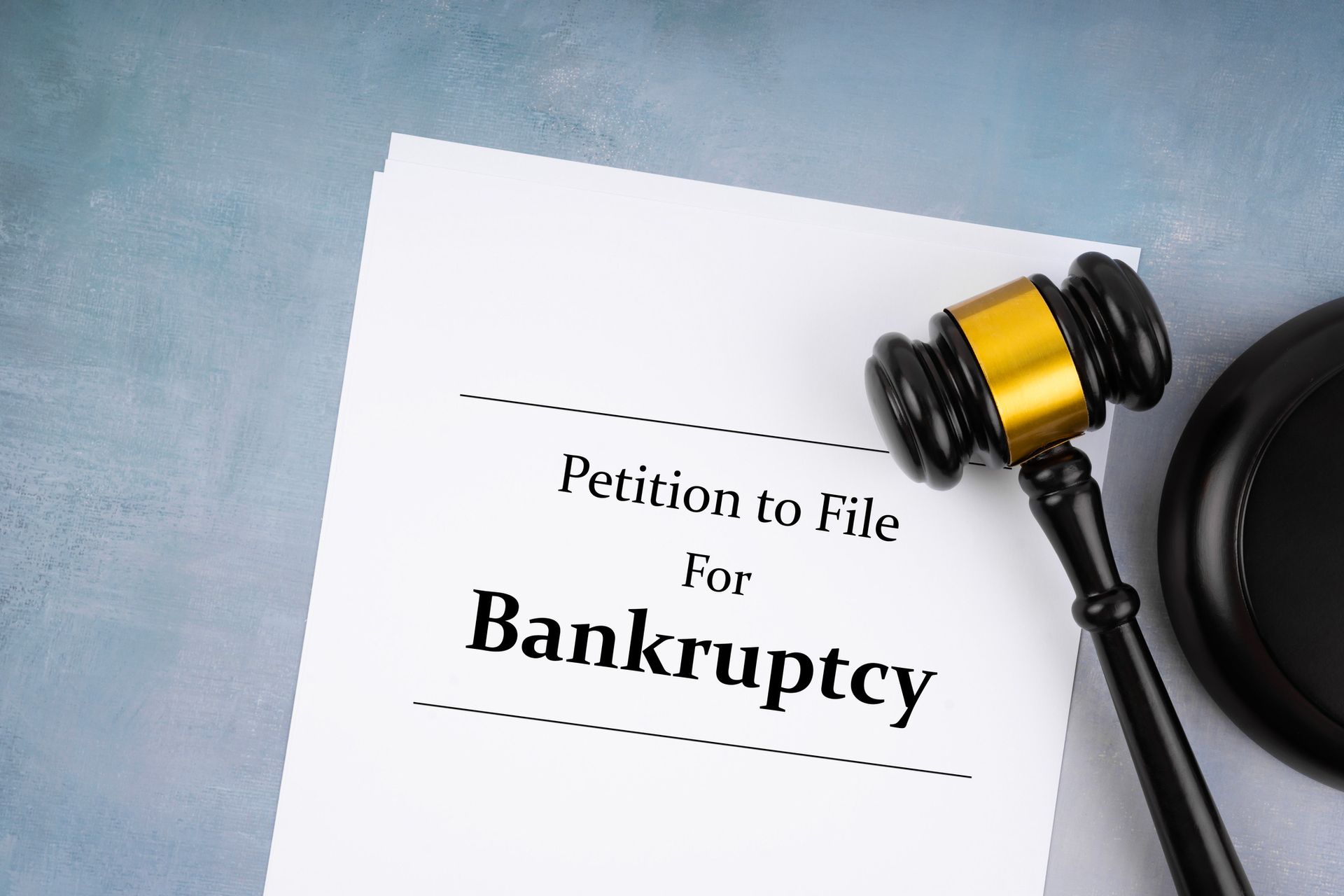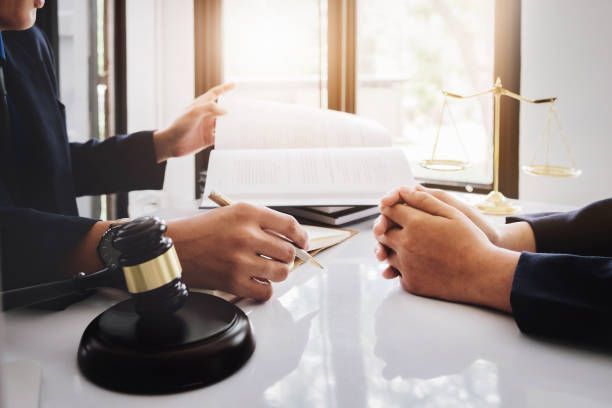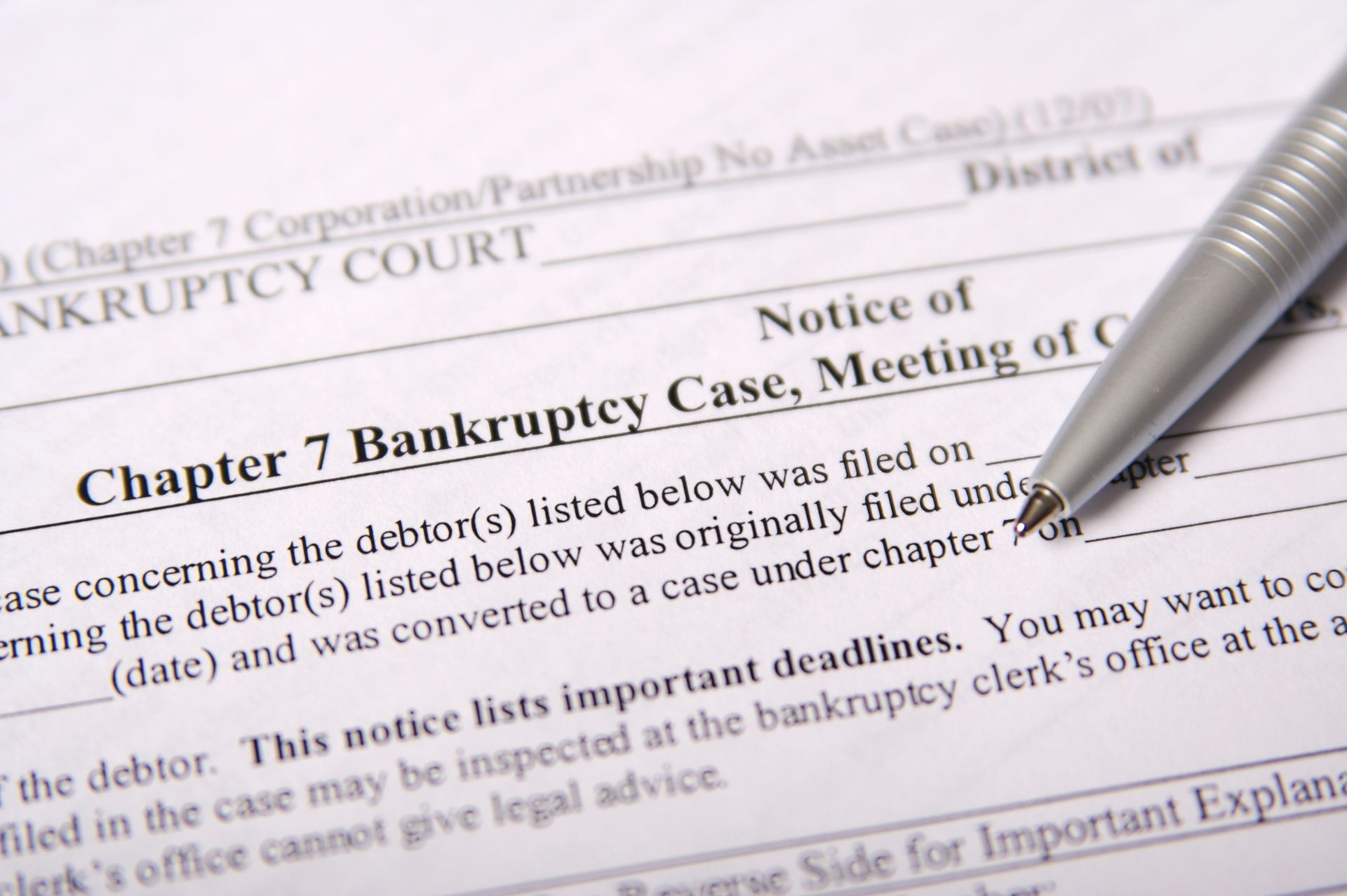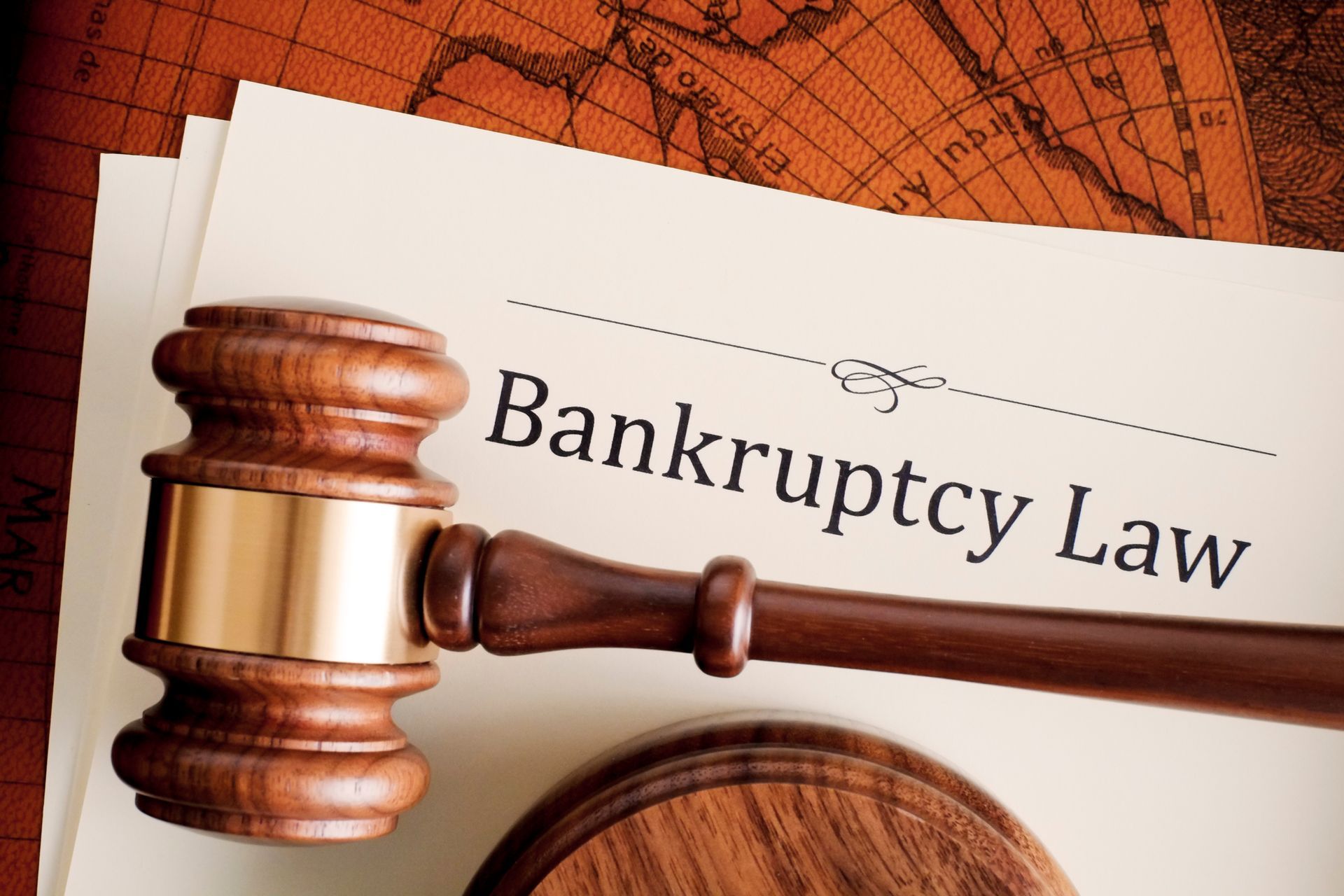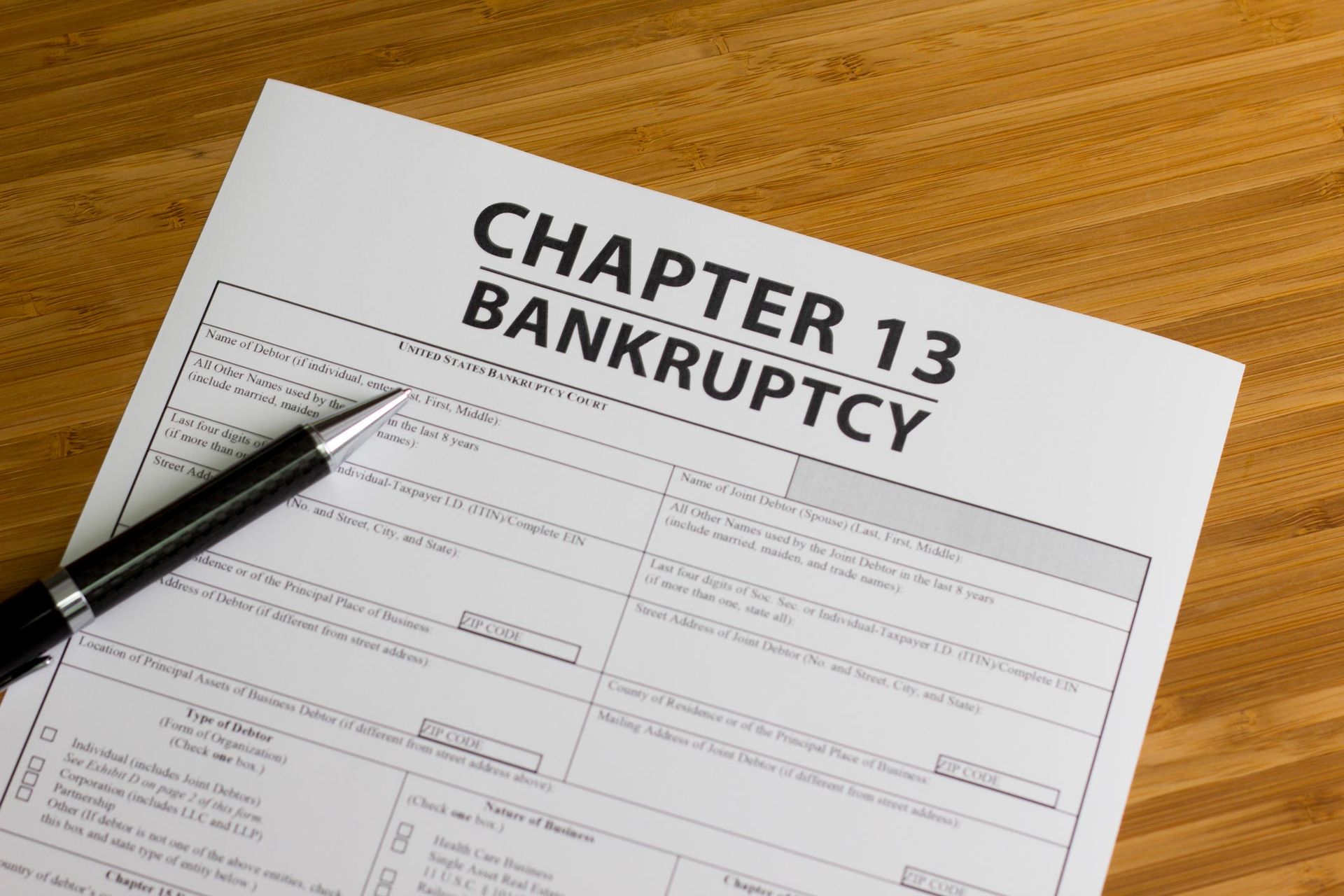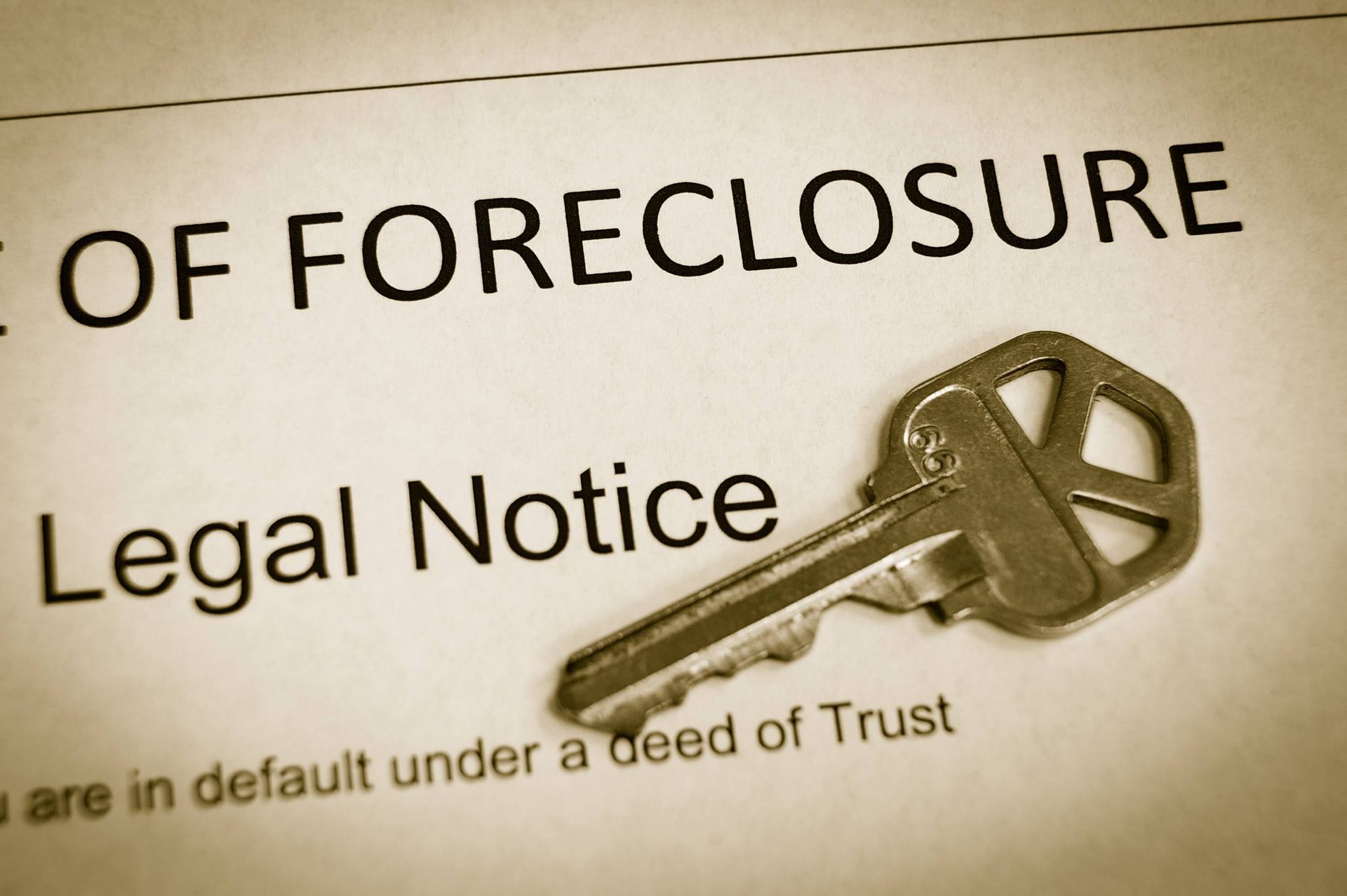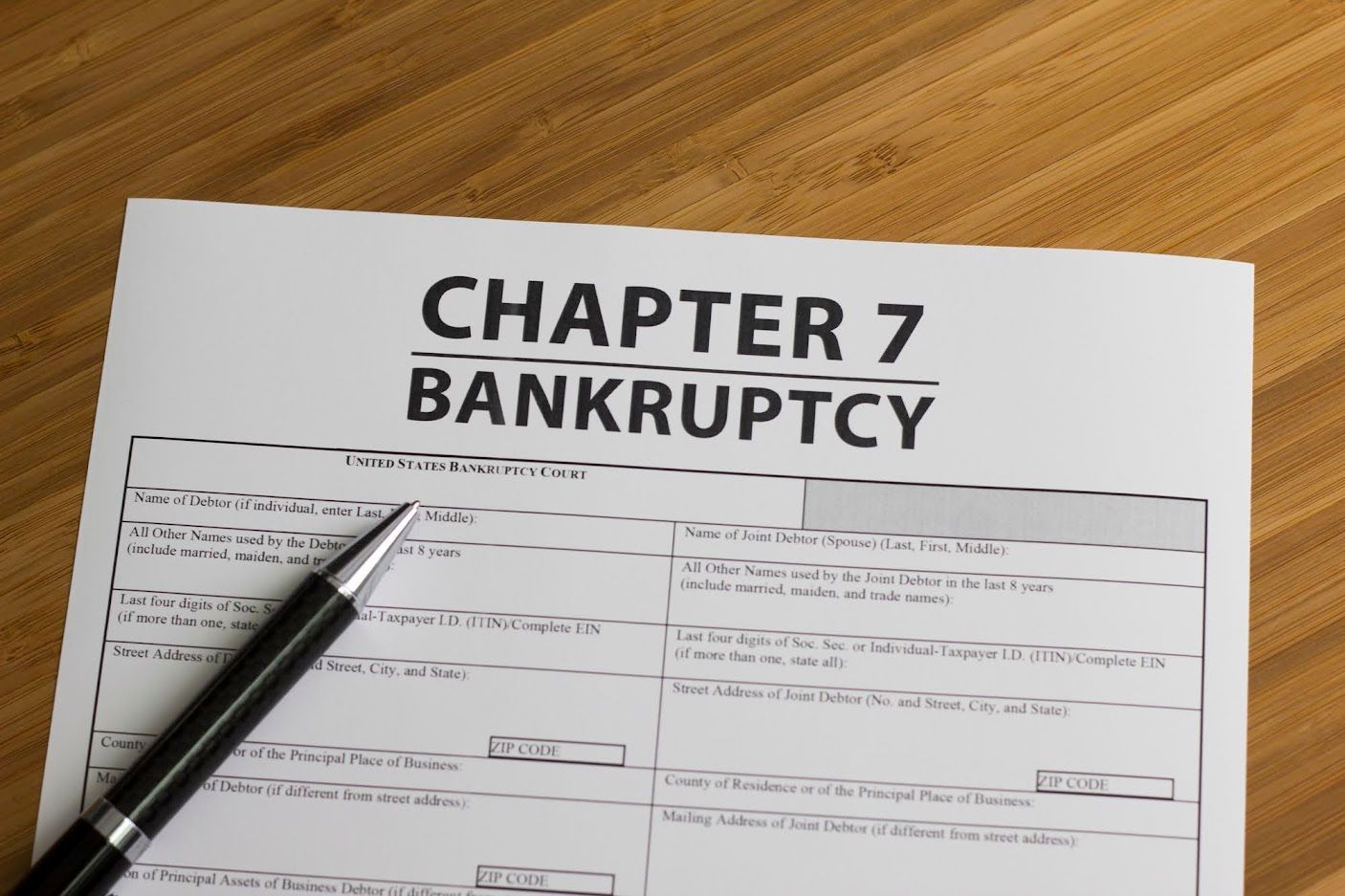Don't Lose Your Home: Strong Legal Defenses Against Foreclosure
October 4, 2023

Facing the looming threat of foreclosure can be a distressing experience, filling homeowners with uncertainty and concern. And if you find yourself in this situation, remember you're not without options or avenues for defense. The law allows for various defenses that could potentially help you avoid foreclosure, helping you keep your home as you navigate through this challenging time.
This post highlights a few such legal defenses that could prove instrumental in your fight against foreclosure.
A "lack of standing" is a potent legal defense in foreclosure cases primarily because, to have the right or "standing" to foreclose on a property, a lender must prove they own the mortgage note and thus have a legitimate claim.
This defense is particularly pertinent in situations where mortgages have been bought, sold, or traded among different financial institutions or entities. In the whirlwind of such transactions, it's not uncommon for paperwork to get lost or errors to crop up in the documentation.
For example, during the economic boom and subsequent housing crisis, mortgage notes were frequently bought, sold, and traded. Paper trails became convoluted and, in some cases, lost. This can create a scenario where the loan originator can no longer prove their legal rights to the mortgage note.
If they cannot produce the original promissory note or demonstrate an unbroken chain of title, they may not have the standing to foreclose.
Furthermore, the "lack of standing" defense shields homeowners because many courts require the plaintiff (the lender) to show they had standing when the lawsuit was filed, not just at a later date. This requirement has its roots in legal principles of fairness and accuracy, ensuring that the party bringing the lawsuit has a legal right to do so.
Therefore, if a lender cannot provide proof of owning the mortgage note at the time they initiated the foreclosure, a court may deem the lender to have lacked standing, which can potentially stop the foreclosure in its tracks.
The burden of proof falls on the lender to establish their standing, which can be a time-consuming process, giving you an opportunity to explore alternatives to foreclosure. But make sure you consult with a knowledgeable attorney first so you don't miss any important deadlines or waive your rights.
Filing for bankruptcy is another viable legal strategy for homeowners facing foreclosure. The moment bankruptcy is filed, an "automatic stay" comes into effect, immediately halting most creditors, including mortgage lenders, from continuing with collection actions, foreclosure included.
This stay allows you a temporary reprieve, giving you time to negotiate with the lender or formulate a financial recovery plan. You can explore options like loan modification or short sale to help bring your debt under control and eventually transition out of bankruptcy. The type of bankruptcy you file also plays a crucial role in this defense strategy. Chapter 13 bankruptcy, for instance, allows homeowners to restructure their debts and create a three to five-year repayment plan.
This can be particularly beneficial if you have a regular income but are struggling with unmanageable debts. By efficiently managing your debt repayment, you may be able to catch up on overdue mortgage payments over time and avoid foreclosure.
Keep in mind that lenders can request a court to lift the automatic stay under certain circumstances. And since filing for bankruptcy has long-term consequences on your credit score and other financial matters, make sure to seek professional counsel from an attorney before taking this step.
Here at Ozment Law , we understand that not every foreclosure is the same, and we strive to provide tailored legal counsel and strategies that apply specifically to you. We can evaluate your situation, assess your options, and help you decide on the best legal defense. We'll go above and beyond to protect your legal rights, ensuring you can keep your home and put this trying chapter behind you. Contact us today to get started.
This post highlights a few such legal defenses that could prove instrumental in your fight against foreclosure.
Lack of Standing
A "lack of standing" is a potent legal defense in foreclosure cases primarily because, to have the right or "standing" to foreclose on a property, a lender must prove they own the mortgage note and thus have a legitimate claim.
This defense is particularly pertinent in situations where mortgages have been bought, sold, or traded among different financial institutions or entities. In the whirlwind of such transactions, it's not uncommon for paperwork to get lost or errors to crop up in the documentation.
For example, during the economic boom and subsequent housing crisis, mortgage notes were frequently bought, sold, and traded. Paper trails became convoluted and, in some cases, lost. This can create a scenario where the loan originator can no longer prove their legal rights to the mortgage note.
If they cannot produce the original promissory note or demonstrate an unbroken chain of title, they may not have the standing to foreclose.
Furthermore, the "lack of standing" defense shields homeowners because many courts require the plaintiff (the lender) to show they had standing when the lawsuit was filed, not just at a later date. This requirement has its roots in legal principles of fairness and accuracy, ensuring that the party bringing the lawsuit has a legal right to do so.
Therefore, if a lender cannot provide proof of owning the mortgage note at the time they initiated the foreclosure, a court may deem the lender to have lacked standing, which can potentially stop the foreclosure in its tracks.
The burden of proof falls on the lender to establish their standing, which can be a time-consuming process, giving you an opportunity to explore alternatives to foreclosure. But make sure you consult with a knowledgeable attorney first so you don't miss any important deadlines or waive your rights.
Bankruptcy
Filing for bankruptcy is another viable legal strategy for homeowners facing foreclosure. The moment bankruptcy is filed, an "automatic stay" comes into effect, immediately halting most creditors, including mortgage lenders, from continuing with collection actions, foreclosure included.
This stay allows you a temporary reprieve, giving you time to negotiate with the lender or formulate a financial recovery plan. You can explore options like loan modification or short sale to help bring your debt under control and eventually transition out of bankruptcy. The type of bankruptcy you file also plays a crucial role in this defense strategy. Chapter 13 bankruptcy, for instance, allows homeowners to restructure their debts and create a three to five-year repayment plan.
This can be particularly beneficial if you have a regular income but are struggling with unmanageable debts. By efficiently managing your debt repayment, you may be able to catch up on overdue mortgage payments over time and avoid foreclosure.
Keep in mind that lenders can request a court to lift the automatic stay under certain circumstances. And since filing for bankruptcy has long-term consequences on your credit score and other financial matters, make sure to seek professional counsel from an attorney before taking this step.
Here at Ozment Law , we understand that not every foreclosure is the same, and we strive to provide tailored legal counsel and strategies that apply specifically to you. We can evaluate your situation, assess your options, and help you decide on the best legal defense. We'll go above and beyond to protect your legal rights, ensuring you can keep your home and put this trying chapter behind you. Contact us today to get started.


